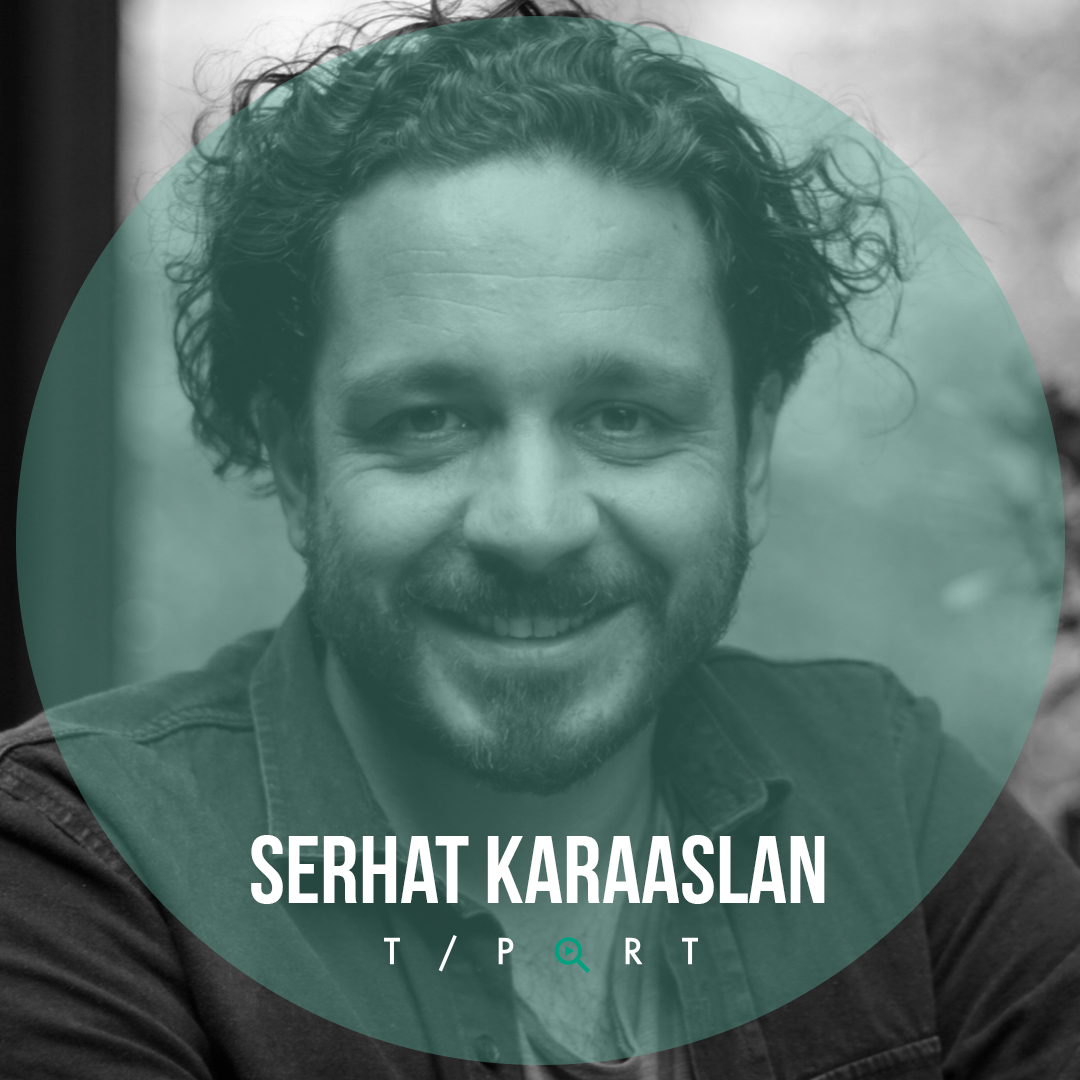
Serhat Karaaslan is a Turkey-born emerging filmmaker, working on both short and feature-length projects.
His latest short film, “The Criminals”, is a Turkish-language crime-drama which follows a young couple trying to find a hotel room to spend the night in together, but they are rejected from all hotels for not having a marriage certificate. Once they believe they’ve found a trick, the situation gets out of hand.
The film has already impressed viewers at festivals such as Sundance, SXSW, Palm Springs ShortFest and more, and was recently shortlisted for the Best Live-Action Short Film at the 2022 Oscars.
“The Criminals” is presented for professional viewing on T-Port by our recently joined partners, Lights On, a worldwide sales company of quality cinema based in Italy.
We had a chance to talk to Serhat about his latest film, artistic vision and the influences the experience of growing up in a small Kurdish village in Turkey had on his career.
Hi Serhat! Tell us a little bit about yourself.
I’m 37 years old. I studied Pharmacy but decided to become a filmmaker. I started by making short films. I made several shorts and one feature film called ‘Passed by Censor’. I just recently started to write my second feature film.
While working on your latest short film, “The Criminals”, where did you draw your inspiration from?
The film is based on a true story. It’s not easy to know precisely where inspiration comes from exactly. I think mostly from my personal experiences, my own stories, observations and stories I have been told. Literature, photographs, life and of course cinema itself.
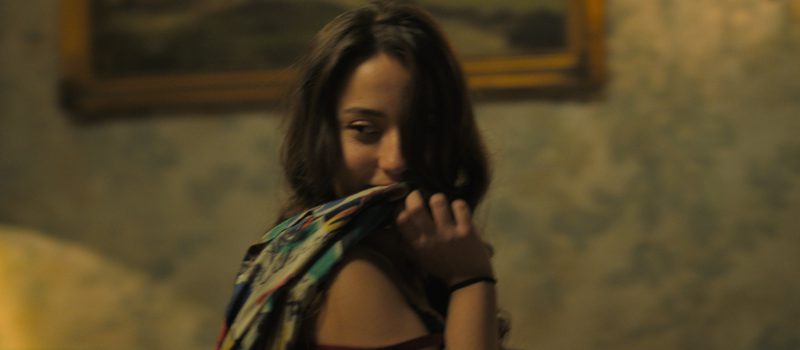
Tell us about a filmmaker that you admire and why?
Paul Thomas Anderson. I love his sense of humor, the interesting and unusual universe he builds, interesting, strange and extraordinary characters he creates.
Next to filmmaking, what do you consider as your passions in life?
Do these passions influence your filmmaking, are there any connections?
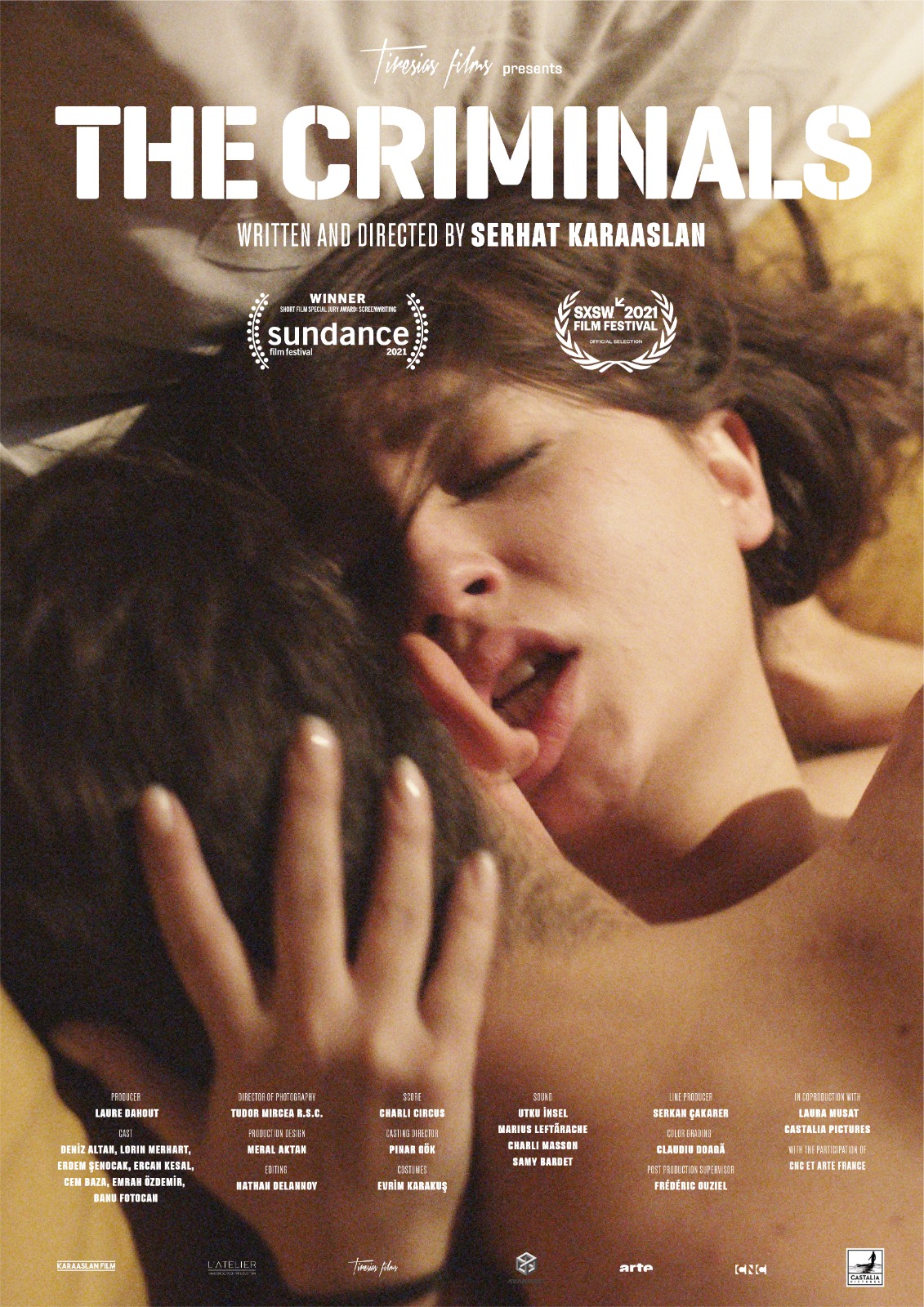
Can you tell us about your first encounter with cinema – do you recall your first memory from watching a film?
What is the best thing you recently watched or experienced?
Which film do you find overrated, and why?
How did you first start working on this film? What was the process like and what first sparked the idea to make this film?
Tell us a bit about your film and the filmmaking process – what were your main insights?
What were the biggest challenges you encountered during making your film?
Finding actors. Some actors were very interested in the film however when they read the script they found some excuses and refused. Some of them said that they don’t have any problem acting in make love scenes but for their career, it will be too risky if they act in a sex scene they might not find a job on TV. Some actors negotiated with me how much we were going to show their bodies or how I’m going to shoot love scenes. I had to explain to too many actors how I’m going to shoot make love scenes which were the first time for me as well.
How was it to collaborate with your cast and crew? Have you formed any particular meaningful connection from someone from the crew you would like to share?
I like to spend time with actors, main crew and talk about general things first, to get to know each other a bit. And only afterwards do I talk about the script and the characters. It’s difficult for me to work with someone with whom I can’t spend time. So, I became friends almost with all actors in the film and main crew like the producer, DOP, Art director and editor.
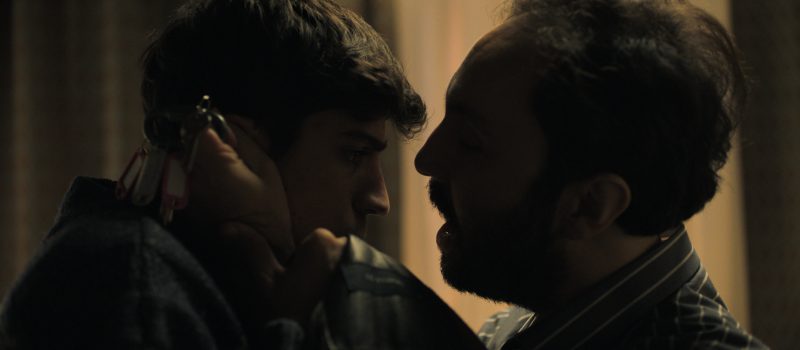
Tell us about the sound choices in your film – what type of score did you use and why? What other types of sounds did you use (if any)?
Tell us about the visual choices in your film. What were your main goals and techniques in creating the visual style of your film?
If you had to summarize your film in three words, what would they be?
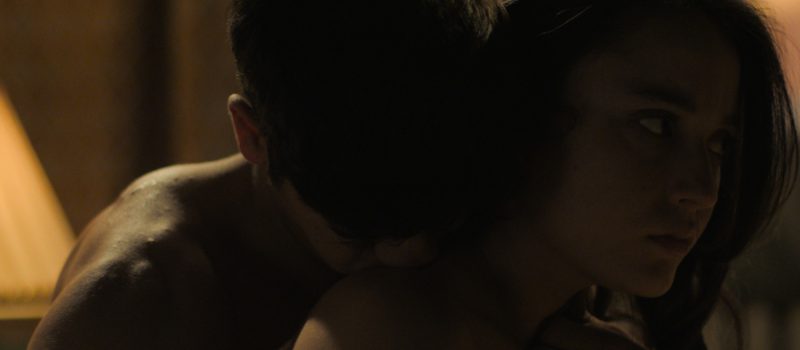
What would you like people to take away from your film?
What did you find (or still find) as especially lacking in the process of distributing and promoting your film? What was especially challenging?
What do feel young film talents lack the most today, after graduating from film school? Where are the gaps in the film industry?
What are your expectations from T-Port? Did T-Port already help your film in any way?
What are your plans and dreams for the future?
Follow Serhat on social media!
FB | IG | TW | The Criminals
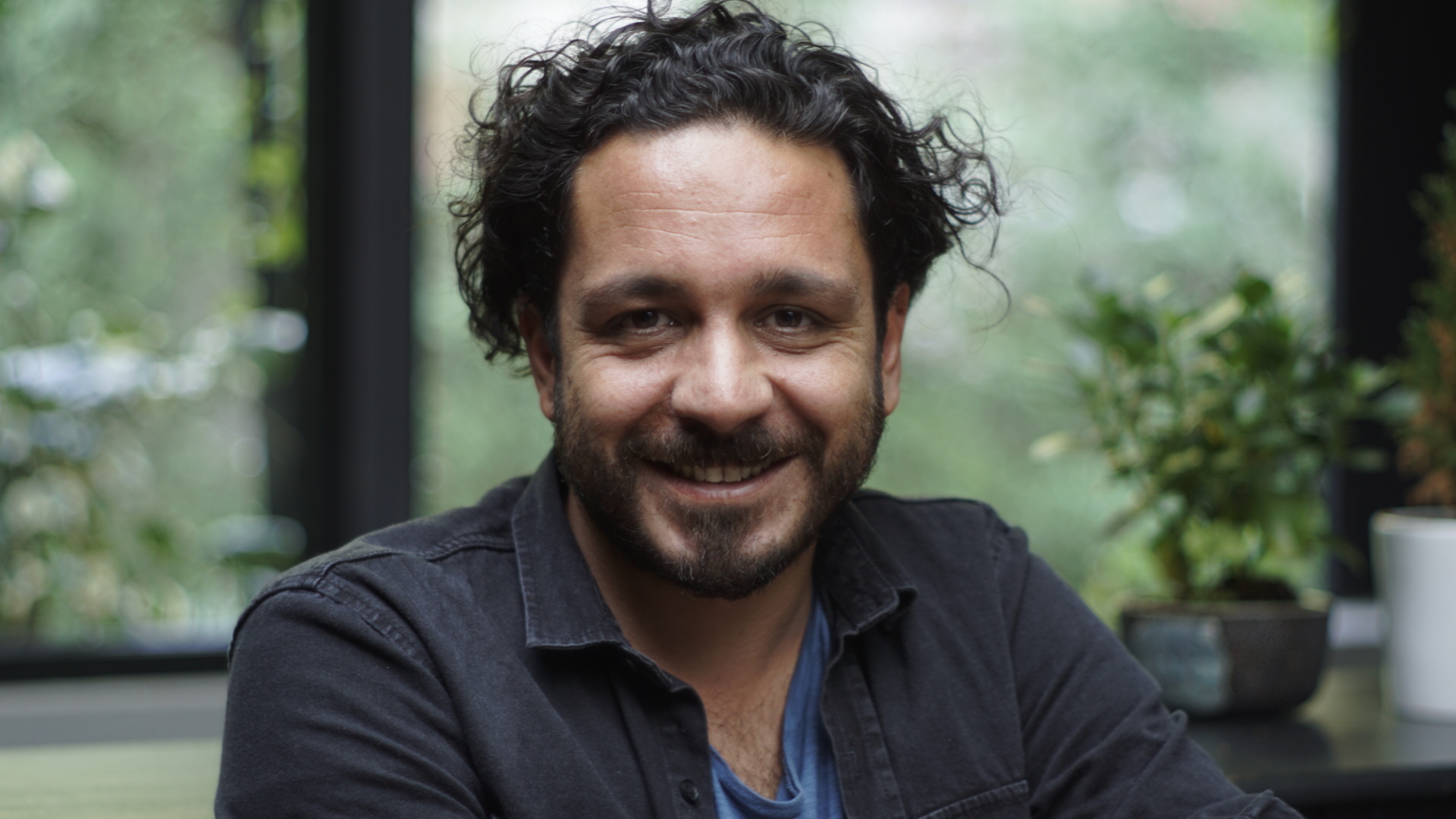
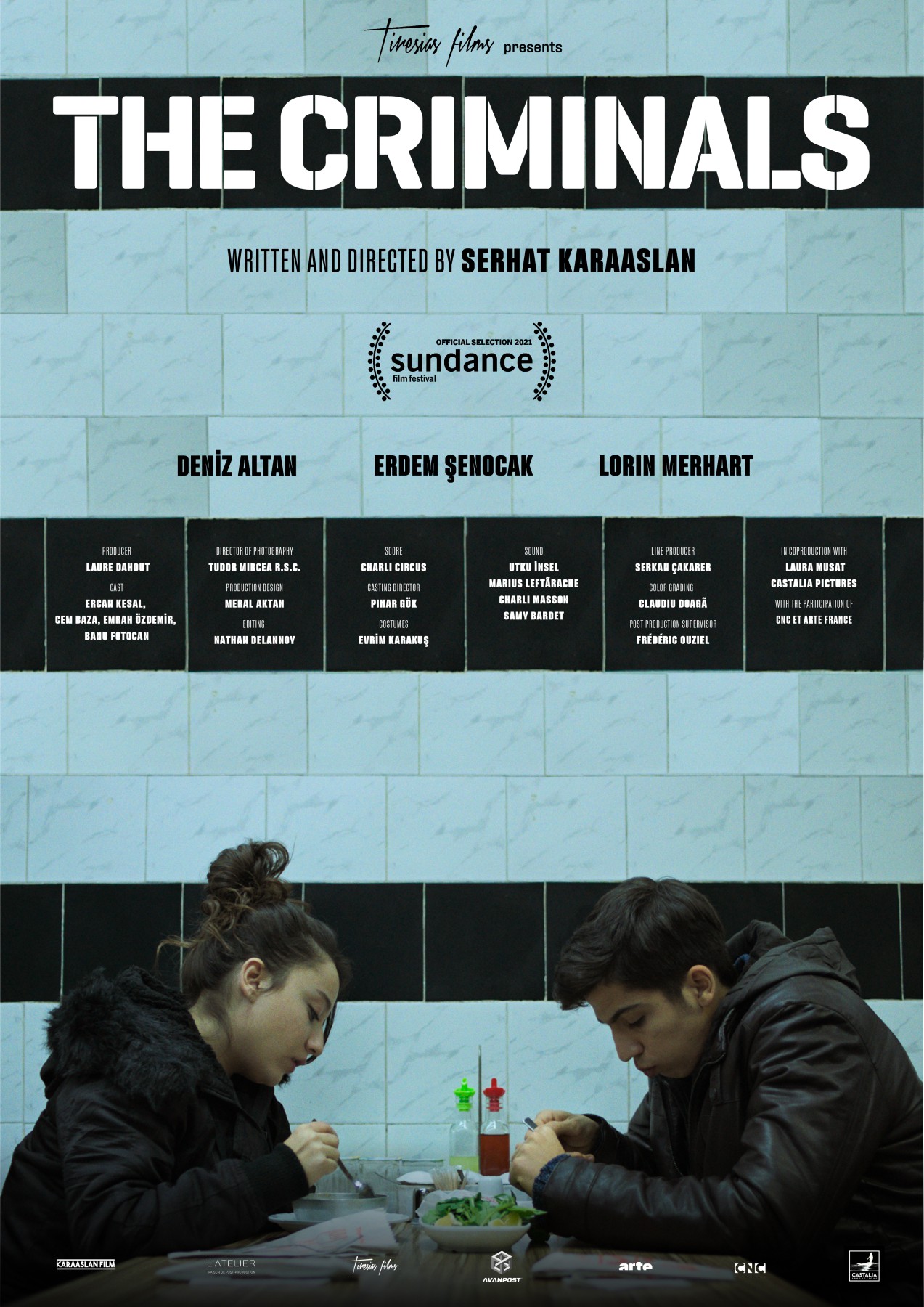

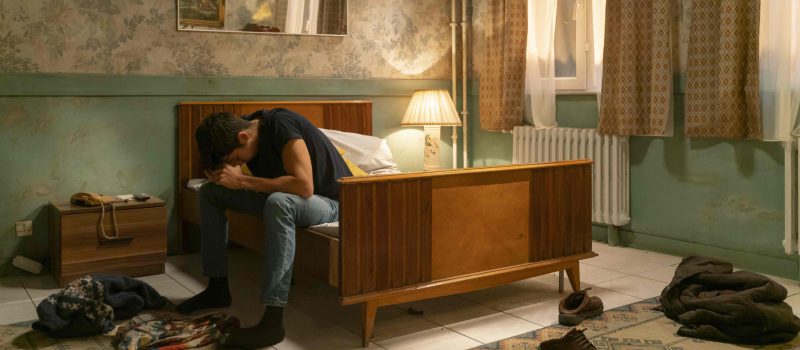
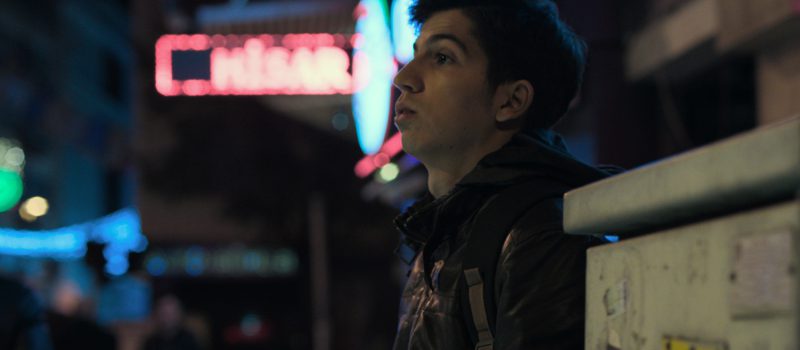
One Response to T-Port Talent Spotlight ☉ Serhat Karaaslan and “The Criminals”